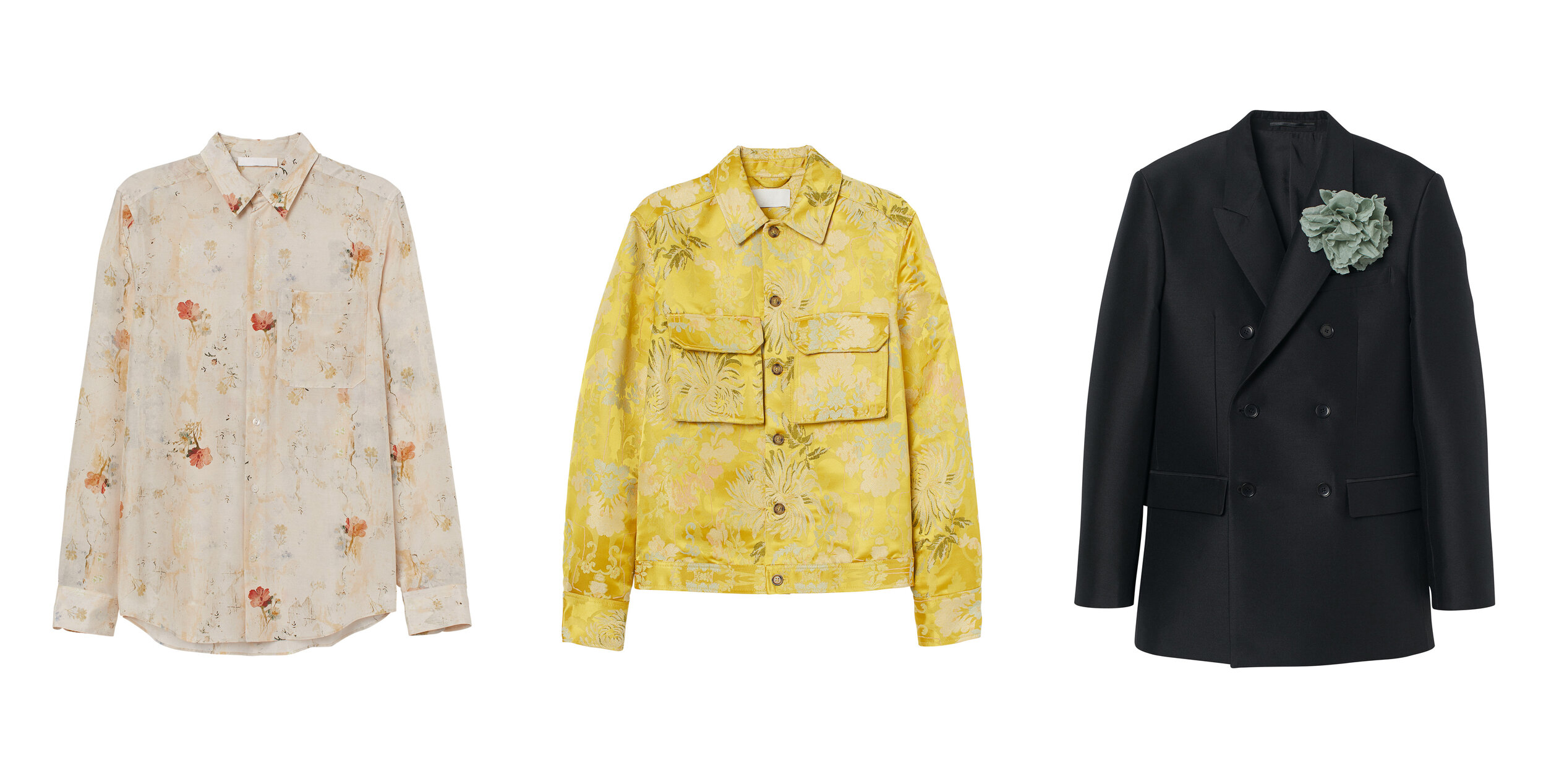H&M Conscious Exclusive A/W20 Collection Is Giving Evening Wear Fashion A New Life
By Cassell Ferere originally published on Forbes.com
Fast fashion retail conglomerate H&M has been working toward sustainable production, launching the H&M foundation as the catalyst toward circularity. Since 2013, the Stefan Persson family has been donating to the foundation as owners of the H&M group to ensure that they do their part in meeting the 2030 deadline of Sustainable Development Goals developed by the UN.
“Wear The Waste”
The Conscious Exclusive Autumn / Winter 2020 collection is creating ‘beauty from waste’ and turning waste into innovative fabrics through circular design. Everyday waste is the main ingredient for H&M, sourcing from pre and post-consumer waste like recycled cotton, food crop waste, and by-products of winemaking.
H&M Conscious Exclusive A/W20 collection.
H&M CONSCIOUS EXCLUSIVE
Sustainable materials and unique garment processes create the cut and sewn elements of the collection. Complete with occasion dresses, accessories, and tailored suiting, these staples breed life back into your seasonal wardrobe.
H&M Conscious Exclusive A/W20 collection.
H&M CONSCIOUS EXCLUSIVE
H&M offers modern styles, using circularly manufactured textiles to create men’s and women’s evening wear. Styles come in black and green jacquard taffeta, yellow jacquard pieces for both men and women, and festooned with dusty green flowers. The prints are inspired by vintage floral wallpaper and tapestries, flower appliqués, and moth motifs are reminiscent of the cycle of life.
Sustainable Processing
Many of the materials used are familiar to the industry like, Tencel x Refibra, a closed-loop production process to ensure a low economic impact. Shoes fabricated from Vegea, an innovative vegan leather alternative, are made from discarded grape skins and stalks and were used in H&M’s previous Conscious Exclusive collections.
H&M Conscious Exclusive A/W20 collection.
H&M CONSCIOUS EXCLUSIVE
With the H&M foundation supporting sustainable efforts throughout fashion, they are launching new fabrics that broaden the idea of circularity in garment production. Agraloop, a 2018 H&M Foundation Global Change Award first-prize winner, converts food-crop waste, like leftovers from oilseed hemp, into biofiber, a new natural fiber, launching worldwide with this collection.
Zinnia Kumar and models, H&M Conscious Exclusive A/W20 collection campaign.
H&M CONSCIOUS EXCLUSIVE
The collection also uses a cellulosic yarn manufactured by Eastman Naia Renew. This innovative yarn is manufactured through a unique, patented process, consisting of 60% certified wood fiber and blends it with 40% recycled waste plastic to create a soft, long-lasting fabric, also launching worldwide with this Conscious Exclusive collection.
Zinnia Kumar, H&M Conscious Exclusive A/W20 collection campaign.
H&M CONSCIOUS EXCLUSIVE
H&M has been working with other sustainable fabric manufacturers in producing their collection, crafting circular garments with long-lasting style. WeaReSpingDye is a sustainable dying method that uses recycled polyester, as well as recyclable polyester. This closed-loop system consumes 75% less water and 90% fewer chemicals.
Ultimately the process uses 30% less energy and has a 30% reduction in CO2. They enhance the longevity of garments while providing rich color.
H&M is also making pieces from CO2, further reducing their footprint. Accessories like sunglasses are produced from a process that creates carbon-negative plastic that draws carbon from the atmosphere. This was created by Made of Air, a new biochar-based material designed to combat climate change. Ultimately, this translates as more CO2 removed than emitted through the process, storing carbon in products.
Continue reading here...
Featured













Founded by brothers George and Michael Heaton and now led by CEO Paul Spencer, Represent continues to grow its footprint both online and offline.